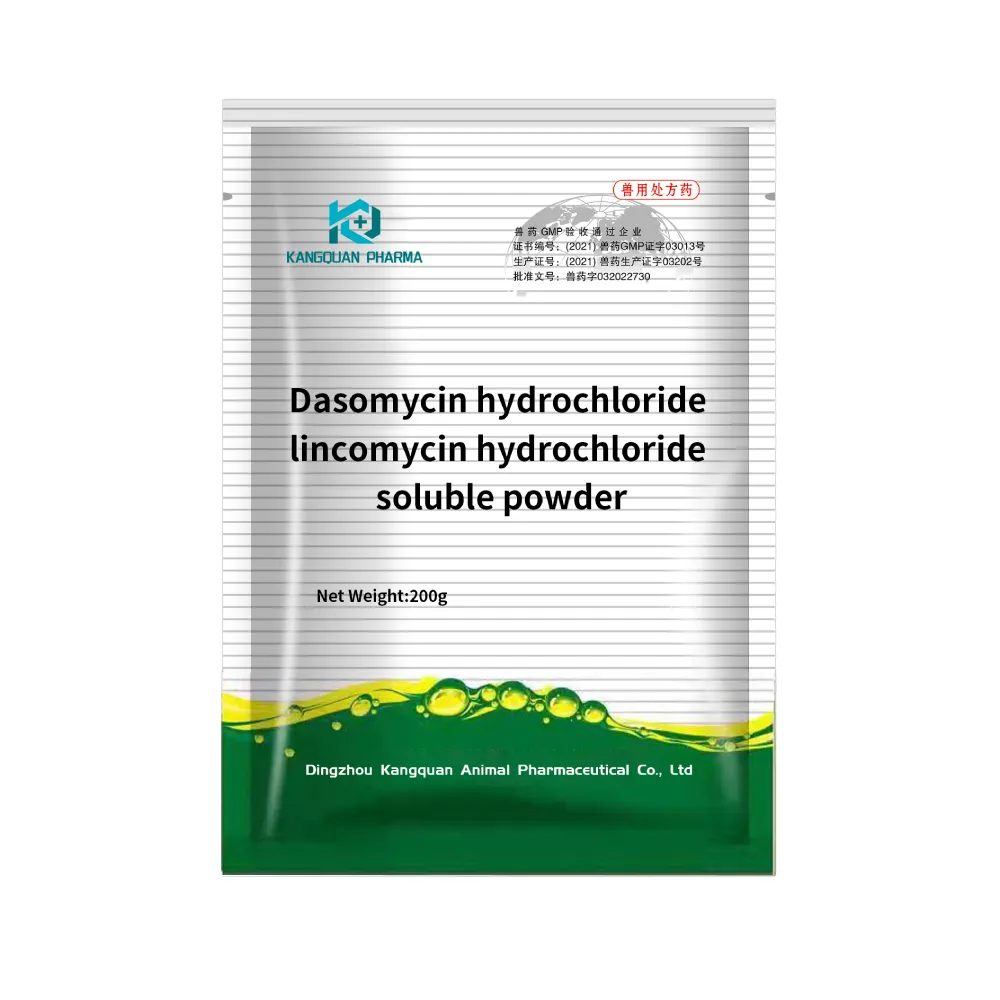- Afrikaans
- Albanian
- Amharic
- Arabic
- Armenian
- Azerbaijani
- Basque
- Belarusian
- Bengali
- Bosnian
- Bulgarian
- Catalan
- Cebuano
- Corsican
- Croatian
- Czech
- Danish
- Dutch
- English
- Esperanto
- Estonian
- Finnish
- French
- Frisian
- Galician
- Georgian
- German
- Greek
- Gujarati
- Haitian Creole
- hausa
- hawaiian
- Hebrew
- Hindi
- Miao
- Hungarian
- Icelandic
- igbo
- Indonesian
- irish
- Italian
- Japanese
- Javanese
- Kannada
- kazakh
- Khmer
- Rwandese
- Korean
- Kurdish
- Kyrgyz
- Lao
- Latin
- Latvian
- Lithuanian
- Luxembourgish
- Macedonian
- Malgashi
- Malay
- Malayalam
- Maltese
- Maori
- Marathi
- Mongolian
- Myanmar
- Nepali
- Norwegian
- Norwegian
- Occitan
- Pashto
- Persian
- Polish
- Portuguese
- Punjabi
- Romanian
- Russian
- Samoan
- Scottish Gaelic
- Serbian
- Sesotho
- Shona
- Sindhi
- Sinhala
- Slovak
- Slovenian
- Somali
- Spanish
- Sundanese
- Swahili
- Swedish
- Tagalog
- Tajik
- Tamil
- Tatar
- Telugu
- Thai
- Turkish
- Turkmen
- Ukrainian
- Urdu
- Uighur
- Uzbek
- Vietnamese
- Welsh
- Bantu
- Yiddish
- Yoruba
- Zulu
9 月 . 15, 2024 09:58 Back to list
Ivermectin Injection for Veterinary Use - Safe and Effective Parasite Control
Ivermectin Injection for Veterinary Use An Overview
Ivermectin is a widely recognized antiparasitic agent used in veterinary medicine for the treatment and prevention of various parasitic infections in animals. It belongs to the class of drugs known as macrocyclic lactones and is derived from the fermentation products of the bacterium Streptomyces avermitilis. Since its introduction, ivermectin has become a crucial tool for veterinarians to ensure the health and well-being of a variety of animal species.
The primary use of ivermectin injection in veterinary practice is to combat a broad range of parasites, including nematodes, arthropods, and certain ectoparasites. It is effective against a variety of infections caused by roundworms and other internal parasites, making it a staple in treatments for livestock, pets, and equines. The drug works by binding to specific chloride channels, disrupting the nerve and muscle function of the parasites and ultimately leading to their paralysis and death.
One of the key advantages of ivermectin is its versatility. It can be administered in several forms, including oral and topical, but the injectable form is particularly valuable for large animals or when rapid absorption is needed. For instance, in cattle and horses, the injectable formulation can provide an immediate and effective treatment option for acute parasitic infections.
ivermectin injection for veterinary use

Ivermectin is generally regarded as safe when used according to established guidelines. However, it is essential for veterinarians to follow the recommended dosages carefully and to be aware of any contraindications, especially in certain breeds or during pregnancy. Overdosing can lead to adverse effects, including neurological symptoms, which emphasizes the importance of adhering to the established protocols.
Moreover, the emergence of drug-resistant parasites has prompted ongoing research into the efficacy of ivermectin. While it remains effective against many parasites, some species have displayed reduced sensitivity to the drug. This situation underscores the necessity for veterinarians to adopt integrated parasite management strategies that include rotating antiparasitic agents and implementing good husbandry practices to mitigate the risk of resistance development.
In addition to its antiparasitic properties, there is ongoing interest in the potential applications of ivermectin for other veterinary conditions, although these uses should always be guided by the principles of evidence-based medicine.
In conclusion, ivermectin injection plays a vital role in veterinary medicine, providing an effective treatment strategy against a wide range of parasitic infections. The responsible use of this drug, in conjunction with ongoing research and best practices, will ensure its efficacy for future generations of animals. As veterinarians and researchers continue to explore the full potential of ivermectin, it remains a cornerstone of animal health and welfare initiatives worldwide.
-
The Power of Radix Isatidis Extract for Your Health and Wellness
NewsOct.29,2024
-
Neomycin Sulfate Soluble Powder: A Versatile Solution for Pet Health
NewsOct.29,2024
-
Lincomycin Hydrochloride Soluble Powder – The Essential Solution
NewsOct.29,2024
-
Garamycin Gentamicin Sulfate for Effective Infection Control
NewsOct.29,2024
-
Doxycycline Hyclate Soluble Powder: Your Antibiotic Needs
NewsOct.29,2024
-
Tilmicosin Premix: The Ultimate Solution for Poultry Health
NewsOct.29,2024













